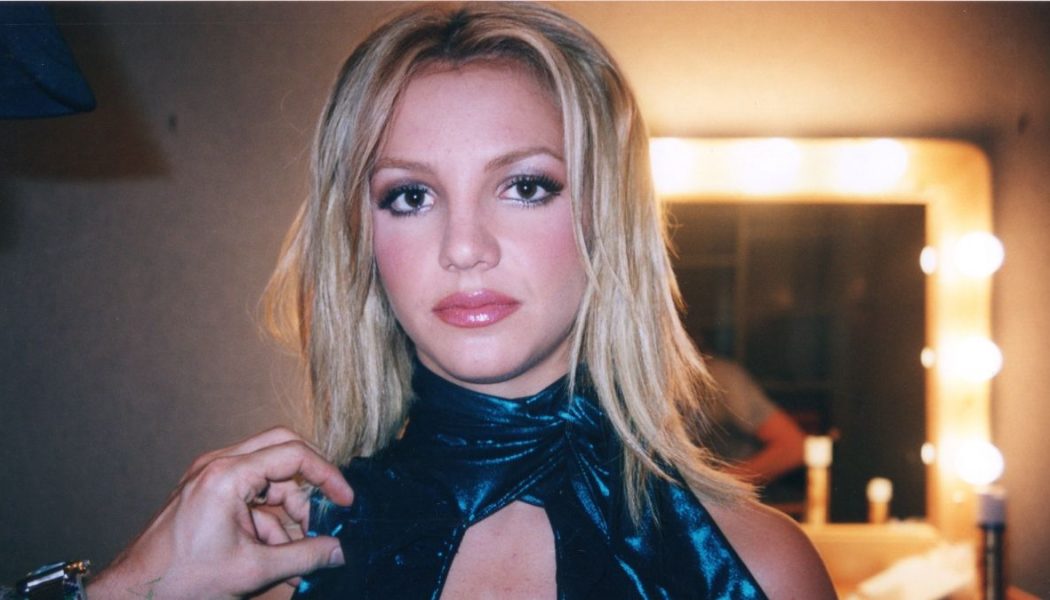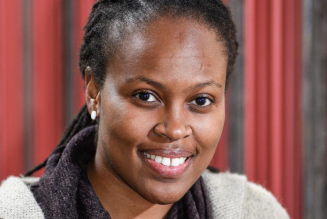
In the past month, the steadily growing #FreeBritney movement became a mainstream phenomenon following the release of The New York Times Presents documentary Framing Britney Spears. The documentary dissects the pop star’s controversial conservatorship, which placed her under the strict supervision, financially and personally, of conservators like her father, James “Jamie” Spears, among others since 2008. Acting as a thorough introduction for newcomers, Framing Britney Spears provides a heartbreaking portrait of both the rise of the wide-eyed teen singer from Louisiana and her fall from grace, including that infamous head-shaving, umbrella-wielding night anyone who lived through 2007 saw footage of at least a million times over.
Framing Britney Spears casts a much kinder, more sympathetic light on the events that led to her conservatorship than the media did in real time. Though her public struggles in 2007 were constant fodder for celebrity gossip magazines and blogs, even publications as esteemed as The New York Times delivered harsh coverage. In one piece, published after the pop singer’s temporarily loss of custody of her two sons, Times reporter Mireya Narravo described this loss as “Britney Spears’ train wreck of a story hit[ting] a news high.”
Editors’ Picks
Another article from The New York Times, which was released just one day prior to Narravo’s piece asks, “Might there be, after all, such a thing as bad publicity?” In context, the question asks whether Spears’ music career could withstand all the negative press about her personal life at the time, but the question is still worth asking today, albeit, in a different context. Netflix recently announced that they are making a documentary to “rival Hulu’s smash hit Framing Britney Spears” as Business Insider puts it, and though these documentaries are solid tools for public education and awareness, could this publicity be “bad” for Britney Spears, who is currently embroiled in the most difficult legal battle of her life? Are we taking her personal sorrow, yet again, and turning it into public entertainment and dollar signs without her consent or her commentary?
We would all like to believe we are more “woke” now, but perhaps we have not changed much from the paparazzi fever pitch of the 2000s, which normalized regular cruelty towards young female celebrities like Spears in the first place. Growing up during the 2000s and 2010s myself, I was raised to believe this was what the entertainment industry was: a cycle of adoration, sexualization, and scrutiny of girls who looked to be the same age as my big sister. Stories of Spears’ blunders became cautionary tales for girls like me and the butt of countless jokes. Once one of my earliest idols (yes, one of my first CDs ever was Oops!… I Did It Again), Spears became just a “crazy” person on the cover of a tabloid at the supermarket within a few short years. The commodity was no longer her music … she was the commodity, and I worry she is again.
As Netflix prepares its account on the #FreeBritney movement and potential conservatorship abuse, I cannot help but wonder if this attention is helping her that much or if this is just a shrewd business move for Netflix, another battle in the streaming service war as competitors vie for our attention and subscription dollars. The move feels dangerously reminiscent to Netflix and Hulu’s dueling Fyre Festival documentaries from 2019, which were treated more as meme-able moments (remember that guy who said he’d give a blow job in exchange for water bottles?) and cash cows, rather than serious situations.
This is also reminiscent of when Harvey Levin, Managing Editor of TMZ at the time, called Britney their “Old Faithful” in 2007, noting that stories about the pop star always increased their page views and unique visitor counts. Now that the #FreeBritney movement, which was first championed only by a small group of devoted superfans, has reached the mainstream, will future coverage of her struggle become just another chapter in the tragic story of Britney Spears, told to increase web traffic and sell magazines? The difference this time, however, is that these stories will be told under the guise of concern not mockery. I hope, for Spears’ sake, that concern is genuine and enough to make this upcoming Netflix documentary respectful and tasteful.
Editors’ Picks
I do not write this to say we should be silent about this conservatorship or about how we have harmed Britney Spears’ wellbeing in the past. As someone who has covered the #FreeBritney movement before, I do not think that sharing the latest news about her legal proceedings is harmful, but I do think there is a crucial responsibility for the press and the public to avoid sensationalizing her personal life for our gain. For an entertainer who has been subjected to our criticism since her childhood, we should proceed carefully with Britney’s story in the future, especially if we have a platform as large as Netflix.










